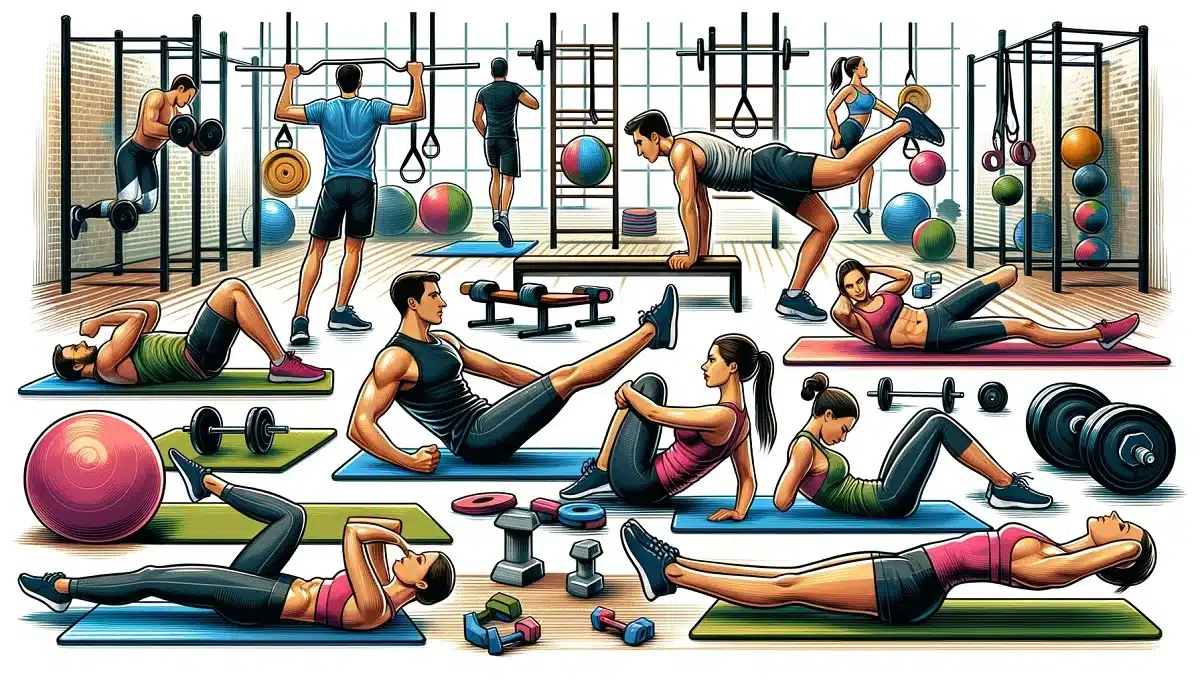Exam periods are among the most mentally and physically demanding times for students. To perform well, it is crucial to maintain a healthy and balanced diet. Consuming the right foods is essential to maintain mental clarity, concentration, and energy levels. This guide will discuss how students should eat during exams, which foods contribute to mental clarity, and the role of nutrition in managing exam stress. These nutritional guidelines aim to help students navigate their exam periods more efficiently and healthily.
The Importance of Student Nutrition During Exam Periods
Exams are critical times for students, and healthy eating can directly impact success. A balanced diet helps students maximize both their mental and physical capacities. An ideal nutrition plan should include three main meals and 2-3 healthy snacks each day.
Nutrition Plan and Recommendations:
- Avoid Simple Sugars: Avoid foods high in simple sugars, such as chocolate, sweets, and biscuits, before and during exams. These foods can cause rapid spikes and drops in blood sugar levels, leading to decreased concentration.
- Don’t Skip Breakfast: A healthy breakfast provides the energy the brain needs throughout the day. A breakfast rich in protein and healthy fats can keep you energized all day long.
- Weekly Fish Consumption: Fish, rich in omega-3 fatty acids, is vital for brain health. Consuming fish 3-4 times a week supports memory and concentration.
- Add Cinnamon to Your Tea: Cinnamon helps balance blood sugar levels. Adding a cinnamon stick to your daily tea can help maintain long-term concentration and energy levels.
- The Importance of Snacks: Snacks help stabilize blood sugar, increasing attention and reducing stress. High-fiber foods, nuts, or fresh fruits are ideal for snacks.
- The Power of Breakfast: Breakfast, especially on the morning of an exam, has a significant impact on students’ performance. Studies show that students who regularly eat breakfast have higher academic success and attendance rates compared to those who skip it.
- Alternative Tea Recipes: Instead of coffee, mixed teas made with ingredients like mate tea, ginger, cloves, cinnamon sticks, and lemon slices provide both stimulating effects and various health benefits.
These recommendations help students follow a healthier and more balanced diet during exam periods, enabling them to perform at their best both mentally and physically.
Nutrition Before Exams: Myths and Right Choices
Proper nutrition during exam periods can directly impact students’ performance. However, there are common misconceptions about some dietary habits. Here are the key points to consider:
Sugar Causes Drowsiness
Our brain gets its energy from carbohydrates, but this should not come from consuming simple sugars. Simple sugars cause rapid spikes and drops in blood sugar levels, failing to meet the brain’s energy needs and potentially leading to hypoglycemia (low blood sugar). This can result in distraction, loss of concentration, and drowsiness.
Children Should Not Be Given Sugar Before Exams
Providing children with foods high in simple sugars such as chocolate, candy, gummy bears, sweets, and biscuits before and during the exam preparation period is a significant mistake.
Fish and Omega-3 Enhance Learning
Consuming fish 3-4 times a week starting one week before the exam can boost memory and concentration. Fish rich in omega-3 supports learning. Additionally, eating one whole walnut every morning is beneficial for increasing concentration.
B Vitamins and Whole Wheat Bread
B vitamins are crucial for brain functions and the nervous system. Therefore, whole wheat or rye bread should be consumed. These breads help keep blood sugar levels stable and are rich in B vitamins.
Milk and Yogurt Are Suitable for the Evening
During the day, consuming milk, yogurt, and ayran can induce drowsiness, so these foods should be preferred as snacks 2.5 hours before bedtime.
Nutritious Snacks
As a snack, 3-4 dried prunes and one whole walnut are rich in vitamins and minerals.
Don’t Forget Bananas
If there are no constipation issues, consuming one banana a day can trigger serotonin (the happiness hormone) production and prevent distraction thanks to its potassium richness.
Echinacea for Mental Clarity
During the exam preparation period, it is crucial for children to have a strong immune system to avoid infections, which is important for mental and physical performance. Therefore, drinking one cup of echinacea tea 3-4 times a week can be beneficial.
Foods High in Antioxidants
Foods rich in antioxidants play a significant role in reducing stress and tension. Dried prunes, dried black grapes with seeds, strawberries, tomatoes, carrots, pineapple, and apples with the peel are excellent sources of antioxidants.
Recommendations for the Day Before the Exam
The day before an exam is crucial for boosting student performance through proper nutrition and good habits. Here are some key points to keep in mind:
Eat at Home
The meal the night before the exam is as important as the breakfast on exam morning. Students should eat meals prepared at home with fresh ingredients to prevent food poisoning. They should avoid trying new foods and eating out.
Avoid Gas-Producing Foods
Avoid foods that can cause gas problems such as legumes, cabbage, leeks, celery, peas, bulgur pilaf, kısır, and lentil patties the day before the exam.
Protect Your Stomach
To avoid stomach issues, opt for lightly processed and plain foods instead of fried, mixed, very fatty, and heavily sauced dishes.
Be Mindful of Allergies
During this period, when allergies are on the rise, be cautious with allergenic foods like eggs. If the student has various food or pollen allergies, parents should be more careful about egg consumption.
Snacks During the Exam
For snacks during the exam, choose foods with a low glycemic index such as blueberries (which can cause constipation if consumed excessively), dried prunes, raw hazelnuts, almonds, and walnuts.
Stress and Sleep After Dinner
To reduce stress and ensure a restful sleep after dinner, add one bag each of chamomile tea, melissa tea, and cinnamon-clove tea to 500 ml of hot water. Have the student drink one cup of this mixture 1-2 hours before bed the night before the exam. This tea blend helps them sleep comfortably and minimizes stress.
Recommendations for the Day Before and the Day of the Exam
Proper eating habits before and on the day of the exam play a significant role in enhancing student performance. Here are key points to keep in mind:
Avoid Excessively Salty Foods
To prevent thirst during the exam, avoid excessively salty foods (such as pickles, sausage, and salty crackers).
Opt for Herbal Teas
Instead of caffeine-containing tea and coffee for breakfast, opt for herbal teas such as fresh green tea, cinnamon, cloves, apple, and rosehip.
Family Behavior
Families should maintain their normal behavior before the exam. They should not try new foods at dinner and breakfast, and they should avoid being pushy about meals.
Do Not Skip Snacks
During the exam preparation period, it is essential to consume snacks to prevent low blood sugar levels.
Consume Pumpkin Seeds at Night
For those who experience frequent urination at night, consuming a handful of pumpkin seeds in the evening snack can lead to deeper and uninterrupted sleep.
Avoid Excessive Fluid Intake
Avoid consuming caffeinated, carbonated drinks, tea, and coffee 2.5 – 3 hours before bedtime. Excessive fluid intake can lead to frequent urination at night and insomnia.





